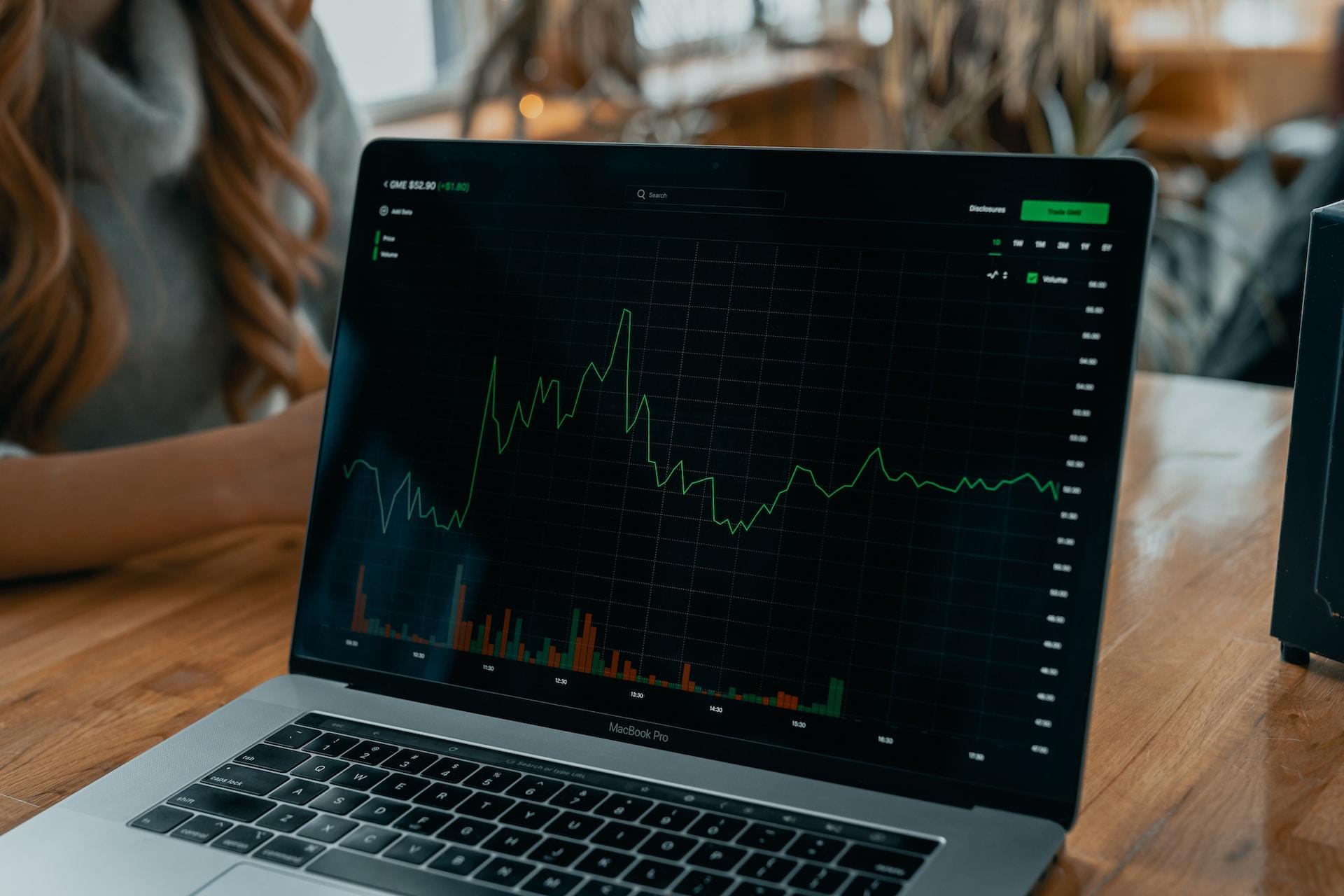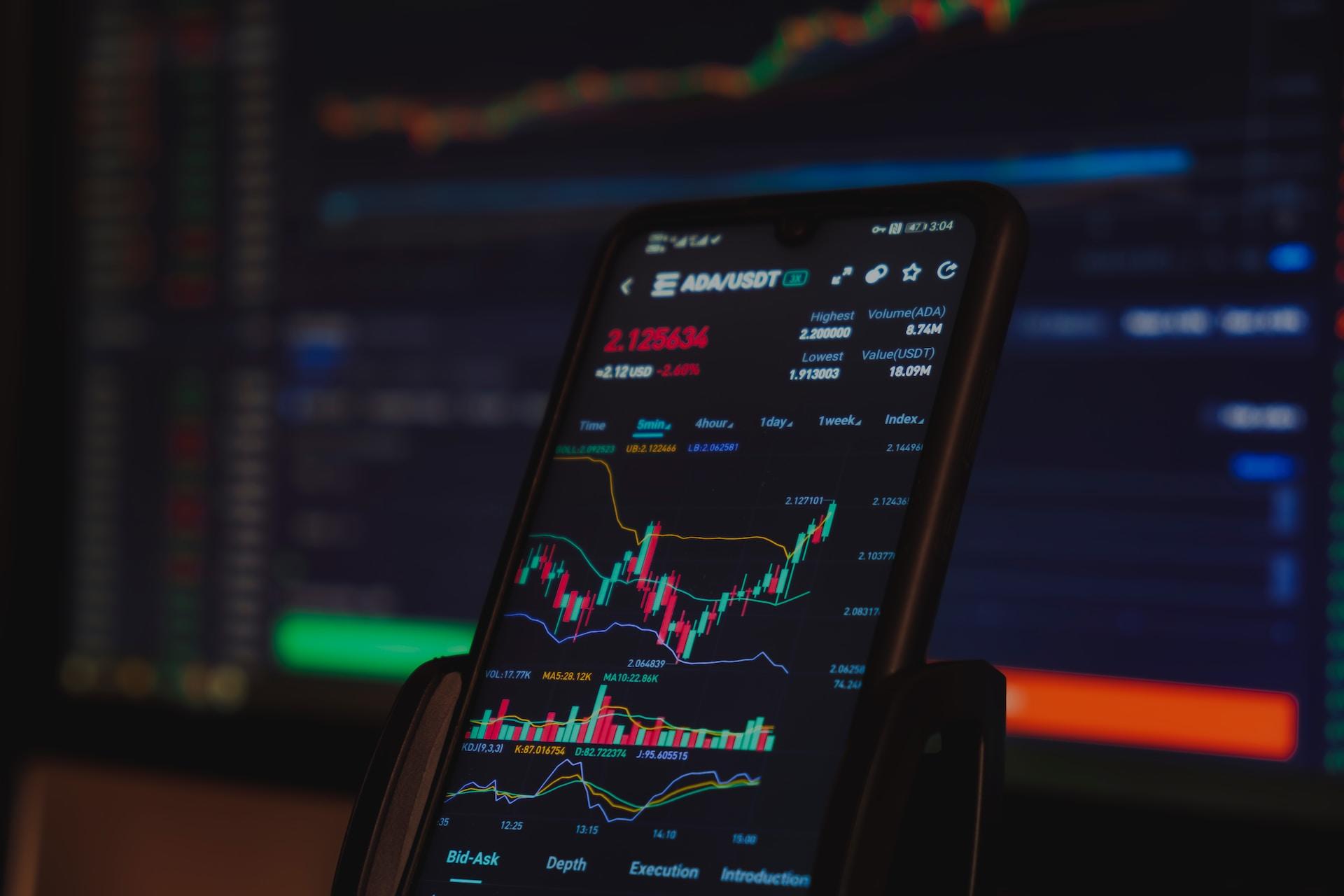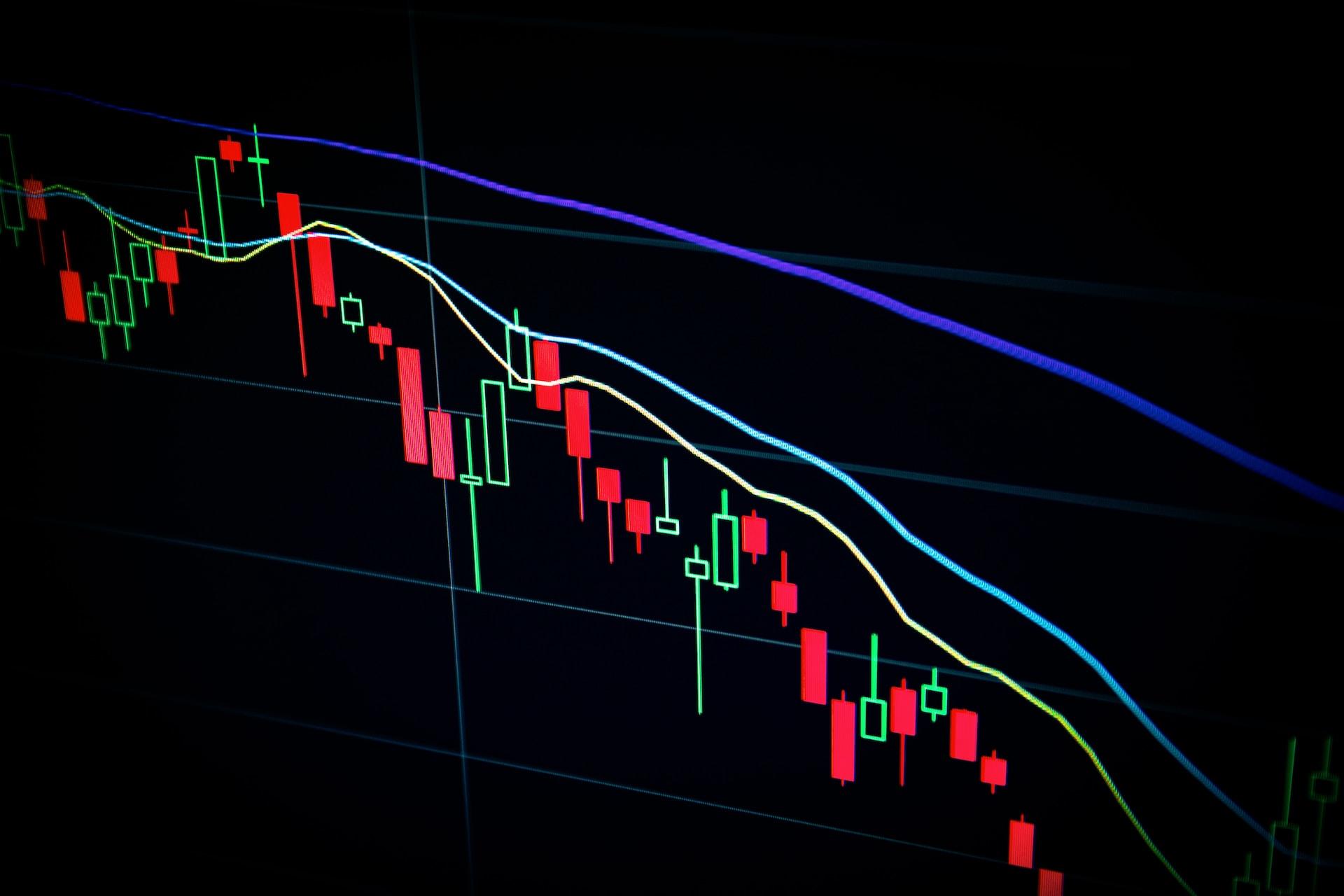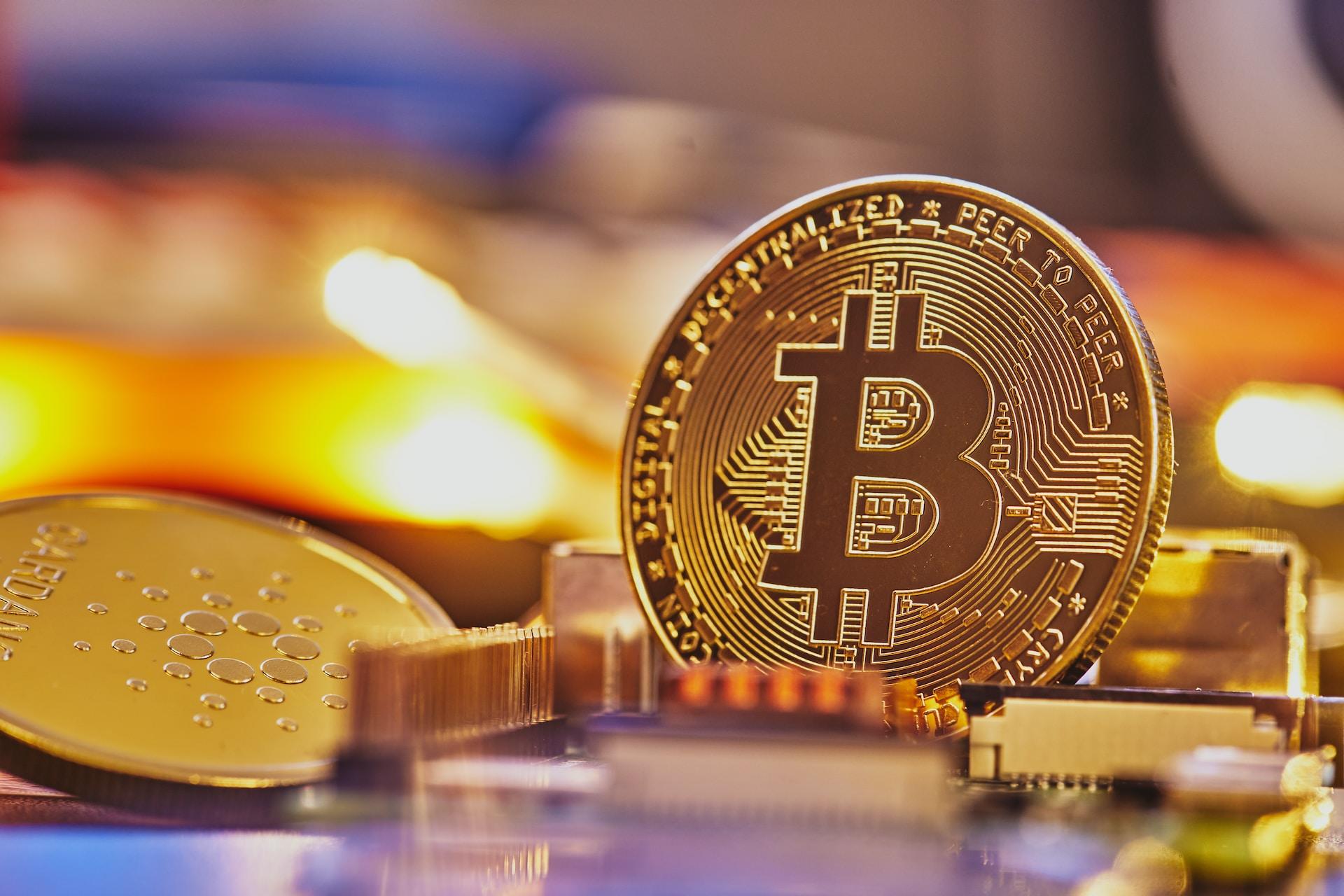After the crypto crash of 2022, it's understandable that there are doubts surrounding cryptocurrency.
For risk-averse investors, cryptocurrency probably looks too volatile and stories of things like the FTX cryptocurrency exchange certainly don't help matters.
Blockchain technology, Bitcoin or Ethereum, and decentralized finance are all a bit of a minefield, so let's have a look at where cryptocurrency is at in 2023, whether it'll be useful in the future, and whether it's really worth investing in and using.

Is Crypto Useful Now?
It's very easy to dismiss cryptocurrency amidst all the bad press, but it's built on powerful and secure blockchain technology.

What Is the Blockchain?
To put it simply, the blockchain is a ledger that keeps track of transactions much like how your bank will have a balance statement so it knows how much money you have.
The key difference between your bank's ledger and a blockchain is that the latter is decentralized and public; anybody can view the digital ledger as long as they can access the internet. It's important to know that this doesn't mean that personal information or identifying information is visible so it's still private in that sense.
When somebody makes a transaction, a "block" is created as a record of the transaction. This block is then added to the "chain" of previous transactions, which in addition to giving the "blockchain" its name, means that every transaction ever made is recorded and nothing's ever erased. Once something's recorded on a blockchain, it's there forever.
For a transaction to be validated, certain users would use computer hardware to complete a complex mathematical problem and in return for their “work”, they'd be rewarded with some of the cryptocurrency themselves in a process known as mining.
There are a few different approaches to mining that differ across different blockchains, but the example we used there is called "proof of work", which is used to validate transactions and achieve the consensus needed for blocks to be added to the blockchain.
Why Is Blockchain Technology So Important?
The reason blockchain technology is so important is that it provides a secure transaction record that's incredibly well protected against fraud as every user has a copy of the ledger, everybody would need to be colluding to make any unvalidated changes to it. The system of consensus makes blockchains very secure as there'd need to be collusion across the majority of users to make any changes to the ledger.

This doesn't mean there aren't scams out there, but the underlying technology is very secure from hacking and fraud. When people talk about cryptocurrency scams, it's not because the platform has been hacked and false transactions made, but rather people giving up their credentials willingly under false pretenses.
Since blockchains are effectively secure ledgers, there are also options for blockchain networks to be used for securing official documentation such as property rights, legal contracts, and all manner of records that could be otherwise tampered with.
In the example of property rights, for example, a land registry would be immune from being tampered with or having falsified or contradictory records of ownership.
Is Crypto the Future of Money?
One of the main uses of blockchain technology has been for cryptocurrency. For the uninitiated, cryptocurrency works much like traditional currency as exchangeable for goods and services in the places they're accepted, but they usually don't have a physical counterpart such as traditional currencies do with bills and coins.
As a modern version of currencies, it's always suggested that cryptocurrencies will replace traditional currencies and many crypto investors are looking for an early-mover advantage by getting in on crypto investments on the ground floor of what they think is the future of money. They trust the security of the platform and the many applications of blockchain technology and see it as an inevitability.
Skeptics tend to say that crypto is a scam, that it has no value, and that the whole blockchain-based Web3 ecosystem is little more than a fad that will ultimately crash and burn. There are also skeptics raising environmental concerns over how energy-intensive proof of work mining is and that the energy used in mining cryptocurrency in this way equates to that of a small country.
While there's rarely space for nuanced , the truth is far more likely to lie between these two positions as useful applications are found for blockchain technology more companies invest, the market becomes less volatile, and trust in this relatively-new technology grows.
The future of crypto looks more likely to remain volatile, but less volatile than in the past. Relatively speaking, cryptocurrencies will play a greater role in our lives, but they aren't expected to fully replace traditional currencies just yet.
Crypto supporters will probably point to all the advantages that cryptocurrencies have over traditional currencies as why they're an obvious replacement and that it's only a matter of time before everybody sees sense.
In reality, there's always resistance to change and there are a lot of people who are very comfortable with the status quo. Not only will there be this unwillingness to do things differently, but there are a lot of powerful (and rich) people who stand to lose a lot by having entire financial systems replaced with something else.
Crypto will meet resistance on its way to becoming the de facto way we use money and if it's ever to replace traditional currencies, it's likely to meet increasing resistance from those who have the most of it.

Will Crypto End in the Future?
So crypto isn't likely to fully replace our traditional currencies just yet, but there aren't any signs that it's going to end. The core supporters of blockchain technology believe so strongly in all its applications that it would take more than a market crash to put them off.
Naturally, the crash in 2022 didn't do its prospects any favors, but the overall trend in cryptocurrencies is upward as it pretty much always has been.
We obviously can't predict the future and say that crypto won't ever end, but it looks more likely that in the future, it'll be a bigger part of our lives until something else ultimately replaces it.
When that will be. Who knows?
Is It Still Worth Investing in Crypto in 2023?
Since crypto is only going to become more important in the future, it's not a bad idea to invest in it, especially since the overall trend is upward and it just went through a monumental crash last year.

Crypto is neither a lost cause nor a quick way to become a millionaire. It's another thing that you can invest in and it still pays to do your research and have an exit strategy before making any investment.
There are different cryptocurrencies and while nobody can ever perfectly predict the future, you can mitigate risk by diversifying your investments, paying attention to markets, looking at historical data, and only investing what you can afford to lose.
For more help, it's a good idea to find financial advisors specialized in cryptocurrencies.
If you believe in blockchain technology but don't want to invest by buying cryptocurrency because it's too volatile, you could always invest traditionally into blockchain companies and applications, which are less susceptible to the wild fluctuations in value that cryptocurrency is famous for.
Crypto isn't really an investment for risk-averse investors, but the overall trends have it becoming less volatile over time.
Which Cryptocurrencies Will Explode in 2023?
Naturally, everyone hoping to find cryptocurrencies that are going to explode in value and invest in them before they do.
Here are a few of the cryptocurrencies that are generating some buzz and are expected to do well in 2023.
ALGO
The ALGO cryptocurrency is the native currency of the Algorand decentralized network. Unlike other cryptocurrencies that use proof-of-work and proof-of-stake to validate transactions, Algorand uses pure proof-of-stake verification, which means that all holders of ALGO get 4-6% APR without actually having to stake any of their cryptocurrency.
ADA
ADA is the native cryptocurrency of the Cardano project, which was founded by one of Ethereum's founding members, Charles Hoskinson.
Its Ouroboros system has been touted as an important element of the project that helps deal with issues of scalability, sustainability, and interoperability.
MANA
MANA is the cryptocurrency within Decentraland, a game/virtual world built on blockchain technology. The in-game currency is used to buy and sell assets as well as allow players to vote on both in-game and organizational policies.
The currency can be obtained through marketplaces or through in-game assets such as NFTs.
ETH
ETH or Ether is the native cryptocurrency of the massive Ethereum blockchain. At the time of the writing, it's the world's second-largest cryptocurrency behind Bitcoin.
Much like the other major cryptocurrencies in 2022, Ethereum lost 70% of its value, but its value is rising again and could make it an excellent choice for an investor.
XRP
XRP (or Ripple) is an older cryptocurrency from Ripple Labs, a company focusing on making cryptocurrency a viable alternative to bank transfers by making quick and cheap payment services.
Ripple is often referred to as the system that will replace SWIFT bank transfers, but their system of validation, known as a Unique Node List, does away with a number of the validation methods that make cryptocurrencies decentralized and fraud-fraudproof.
Despite this, it's still being touted as a good cryptocurrency for investment in 2023.
USDT
USDT (or Tether) is known as a stablecoin, a type of cryptocurrency that's pegged to commodities. In this case, Tether is pegged to the US$.
Don't be fooled by the name, though, Tether can still be subject to fluctuations in its value, but stablecoins do tend to fluctuate much less than other cryptocurrencies.
While Tether isn't necessarily a cryptocurrency for making money, it is a popular option for crypto investors looking to protect their investments from volatility.
For money you don't want to risk losing, keeping it in Tether could be a viable option.
Is Crypto a Good Investment for the Future?
Since the overall trend of cryptocurrency is upwards and it always has been, crypto could be seen as a long-term investment. Naturally, this all depends on which cryptocurrency you invest in and the kinds of risks you're willing to take, the returns you're looking to gain, and generally how you like to do these things.
What we can say is that over a long enough period, the value of crypto investments is likely to have increased.
Unlock the secrets of the digital economy and navigate the exciting world of cryptocurrencies with a crypto course tailored to your learning style and pace, empowering you to grasp the complexities of blockchain technology, trading strategies, and investment opportunities from the convenience of your screen
Summarize with AI:















